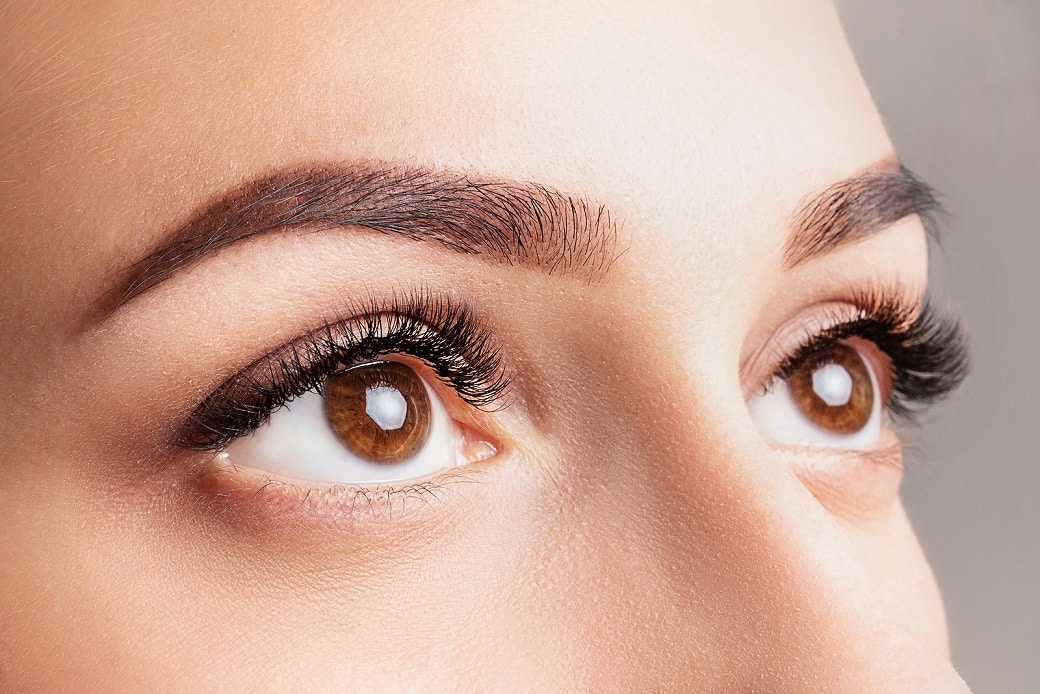Most bodily functions, such as sleep, mood, hunger, and reproduction, are controlled and coordinated by hormones, which are chemical messengers produced by the endocrine glands. Excess or insufficient hormones affect vision levels and can impact nearly every organ in the body, including the eyes. In the same way that an adolescent’s body experiences a rapid growth spurt during puberty, the American Academy of Ophthalmology (AAO) claims that hormone surges can cause the eyeball to lengthen, resulting in myopia or near-sightedness. That is why it is advised to have a routine check-up from an eye doctor in Dubai.
Various reasons for the loss of eyesight
Dry, itchy eyes throughout the childbearing years
According to the AAO, many women’s eyesight changes during pregnancy and childbirth due to hormone imbalances induced by birth control drugs or pregnancy. Changes in estrogen and progesterone levels can affect the secretions in the eyes and eyelids, resulting in dry, irritated eyes.
Estrogen, the primary endogenous testosterone in women, can make the cornea more elastic, altering how light passes through the eye. These two changes can cause blurry vision and make it difficult to wear contact lenses. Hormonal changes during early menopause or menopausal symptoms can also cause fluctuations in vision. A checkup from a good eye clinic is a must from time to time.
Thyroid Influence on Eye Health and Vision
The thyroid gland is in charge of producing hormones that aid in metabolism control. When the thyroid gland fails to produce the appropriate type or amount of hormone, it can have a severe impact on the eyes and vision.
Graves’ disease is caused by an antibody attacking the thyroid gland, causing it to produce an excessive amount of thyroid hormone. Approximately 30% of people with Graves’ disease have changes in the tissues and muscles around their eyes. These changes can result in bulging eyes, eye pain or pressure, puffy or retracted lids, or a dark and brooding sensation in the eyes.
Additionally, according to the AAO, evidence exists that thyroid hormone levels may affect vision in other ways. For instance, one study contends that high T4 thyroid hormone levels may increase the probability of age-related eye disease. In contrast, another argued that thyroid hormone levels impact the growth and control of cones, the color-seeing cells in the eyes.
Seek medical assistance and care.
Many individuals tolerate poorly managed dry eyes because they believe it is simply an age-related or hormones affect vision issue. Understanding the underlying reasons for the dry eye symptoms is essential, but don’t assume there’s nothing you can do to alleviate your discomfort. Without neglecting the signs, a visit to the ophthalmology clinic in Dubai is a must.
The eye doctor in Dubai may not be able to fix your dry vision problems fully, but getting the signs under control can make all the difference.
Significance of regular eye check-ups
Eye examinations involve more than just examining your eyesight. During a regular eye exam, factors besides your vision quality are evaluated. These include checking your eyes’ pressure, alignment, cornea, optic nerve, or other crucial ocular components.
Most illnesses that have a chance of making a person blind don’t show symptoms until much later in the course of the disease. In addition, certain diseases such as diabetes, cancer, thyroid, and high cholesterol can also show early signs during routine examinations and manifest in various parts of the eye. When it is discovered, there is always time to make a change.
The importance of routine eye exams in Dubai ophthalmology, therefore, lies in the ability to follow the following:
- Be aware of how your better and healthier eye looks so tiny changes can quickly be identified and examined for diseases and injuries.
- Recognising the early warning signs of eye conditions like cataracts, glaucoma, and other retinal abnormalities and taking preventative measures.
- Receiving a diagnosis for other diseases, such as diabetes, cancer, high blood pressure, etc., and beginning treatment as soon as possible.
Conclusion
In conclusion, neglecting your eyesight can result in significant consequences. As a result, please treat it with the same respect you do the rest of your body. To keep your vision sharp and guard against the dangers of other diseases, all that is required is a checkup once every year or two, as recommended by your doctor. Make an appointment for ophthalmology in Dubai for your initial eye examination to learn more about your eye health. If your doctor recommends surgery, don’t worry—they’ve covered you. Skilled surgeons and a team will be by your side throughout your treatment.
